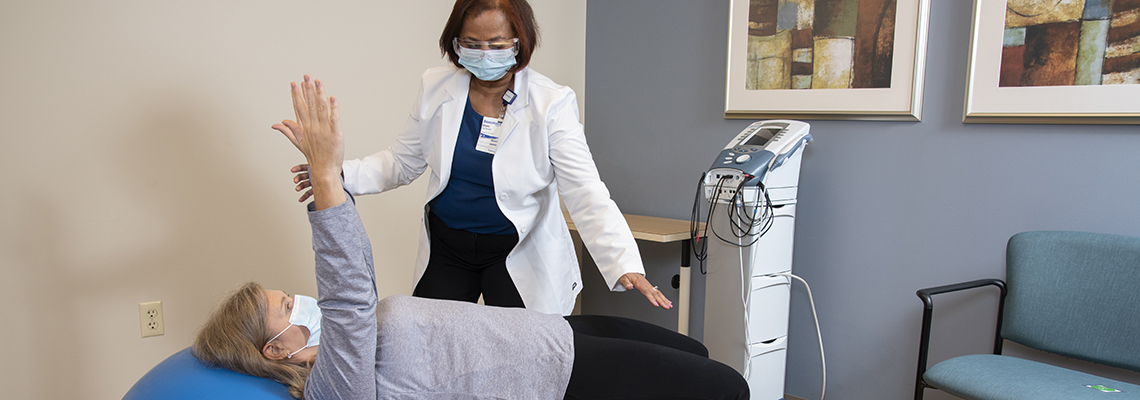Enhancing Efficiency and Reducing Harm Risk via Thorough Evaluation of Equilibrium and Stability through Functional Mobility Assessment.
Enhancing Efficiency and Reducing Harm Risk via Thorough Evaluation of Equilibrium and Stability through Functional Mobility Assessment.
Blog Article
Equilibrium and stability are essential components of physical fitness and overall health. They play a critical role in daily activities, sports performance, and injury prevention. When an individual has good equilibrium and steadiness, they are not as prone to trip or incur damages during bodily activities. One effective way to assess these qualities is through Functional Movement Screening (FMS). FMS is a method used to analyze motion styles and recognize discrepancies or deficiencies that could result to harm.
Practical Motion Assessment includes a sequence of particular tests that assess how well a person moves. The tests focus on fundamental movements such as squat, lunge, and flexing. By observing these actions, coaches and medical experts can identify areas where an individual may struggle. For example, if someone has difficulty keeping balance while executing a squat, it may suggest a need for targeted exercises to improve strength and coordination. This assessment not only detects weaknesses but also helps to track next advancement over a period.
In addition to this to recognizing areas for enhancement, FMS serves a vital role in preventing injuries. Many damages occur as a consequence of inadequate motion mechanics, which can be detected through practical evaluations. By addressing these problems early on, people can lower their likelihood of injury during sports or other bodily activities. For instance, a jogger who demonstrates an discrepancy in their gait may be increasingly susceptible to leg injuries. By adjusting these discrepancies through specific exercise programs, the chance of harm can be substantially reduced.
Furthermore, enhancing performance is another advantage of performing a comprehensive assessment of balance and steadiness. Sportspeople and active individuals often seek to improve their capability in particular sports or tasks. A comprehensive understanding of their motion patterns allows trainers to create customized exercise regimens that target particular deficiencies. By enhancing balance and stability, sportspeople can improve their overall performance, whether it’s jogging more see here quickly, leaping higher, or performing exact actions in their sport.
In conclusion, the significance of evaluating balance and stability through Practical Motion Screening cannot be overstated. This thorough evaluation serves as a foundation for improving bodily wellness, preventing injuries, and improving sporting performance. By recognizing areas of deficiency and implementing targeted training strategies, people can attain better results in their bodily exercises. Emphasizing equilibrium and steadiness not only leads to better capability but also contributes to a healthier, increasingly active lifestyle.